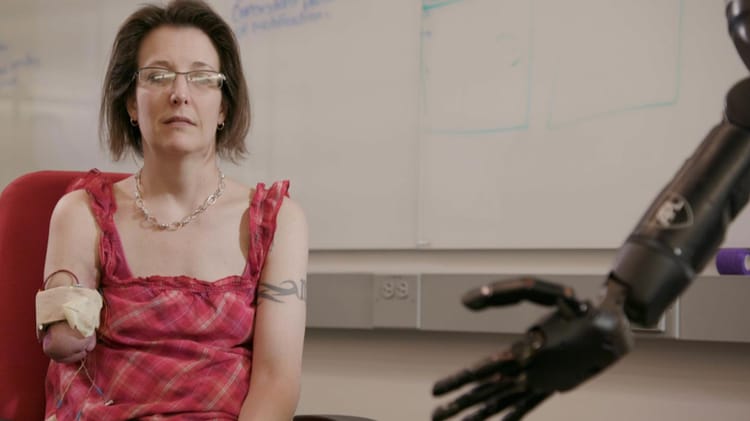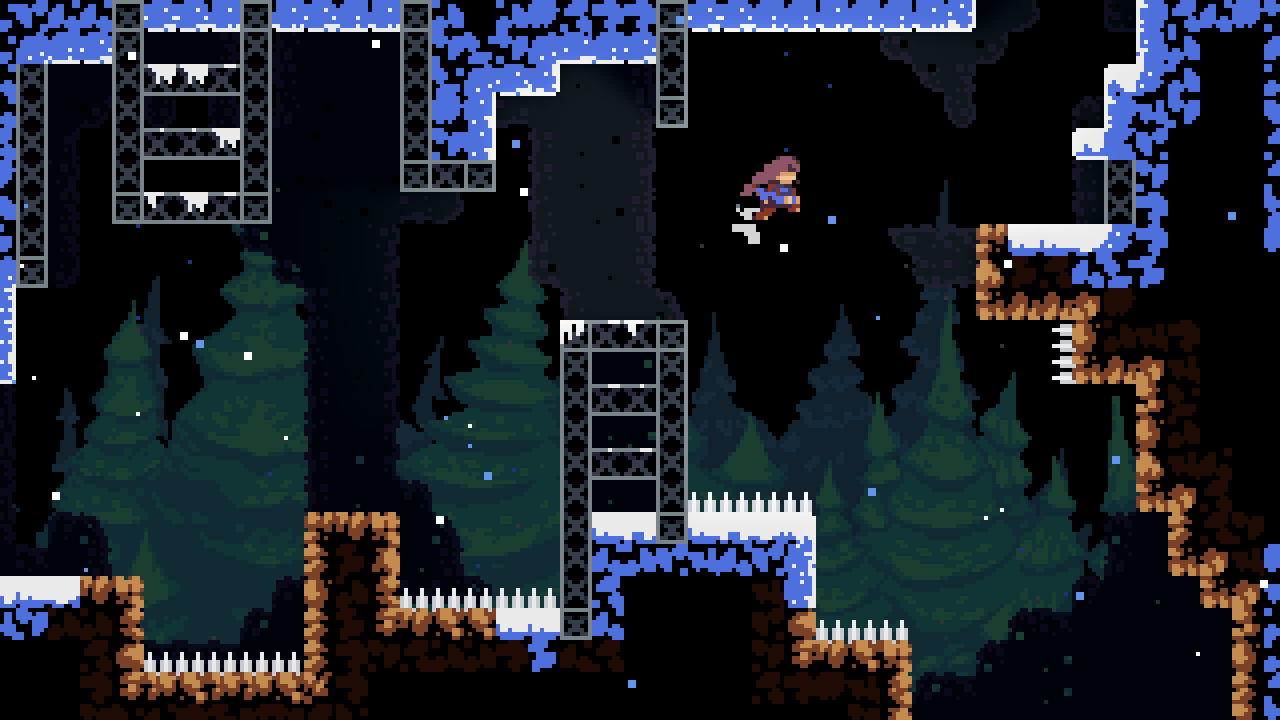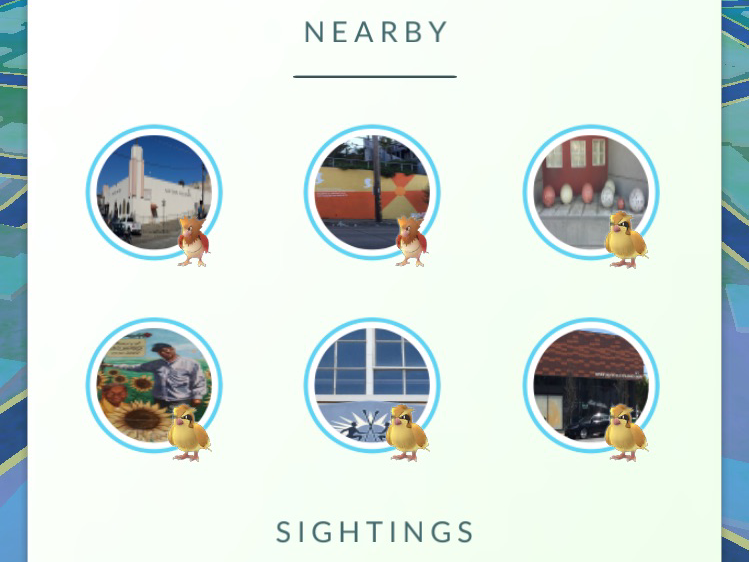Turning Gaming Passion into Career Success with the NYFA Game Design School

This post was produced by the New York Film Academy Game Design School.
Game design is one of the most intricate creative mediums of the modern age, mainly owing to the fact that it is a comprised of numerous disciplines. A good game designer is one who has a keen eye for art, music, narrative storytelling, the laws of physics, spatial awareness, coding limitations–heck, even a knowledge of architecture can be necessary to create an immersive world from scratch.
As a result, it can be daunting to break into the industry. But if you’re hell bent on becoming a professional game designer (and why not?) then it’s entirely possible with numerous years of determined self-tuition and more than a little luck.
There is, however, a fast-track route to success. Even if you’re starting out with no base knowledge, you can get up and running as a professional (and qualified) game designer through the NYFA Game Design School.
The Game Design School is the first port of call for gamers who are serious about turning their passion into a career.
What Can I Expect from the Program?
Although we take individual experience levels (and personalities) into account with the program, we like to start everyone off right at the beginning. This may come as a disappointment to those who think they’ll be designing a multi-part epic using the CryEngine, but it’s important to keep expectations realistic even when working within the realms of fantasy.
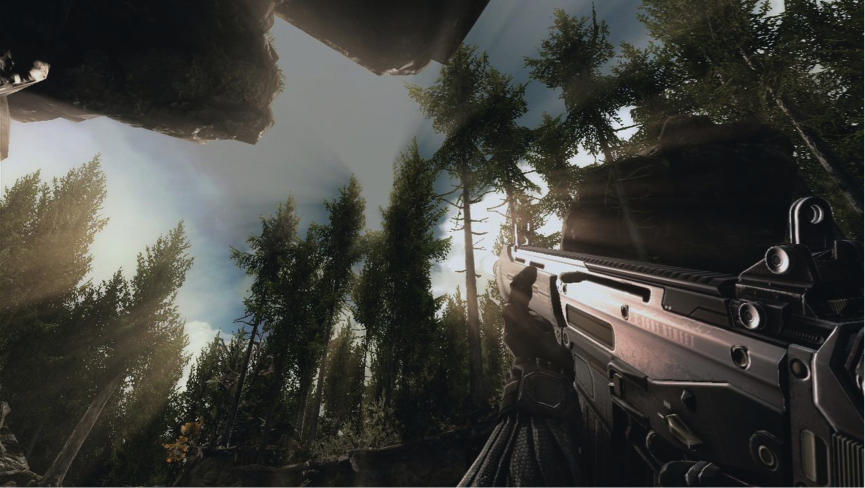
But that doesn’t mean students should expect an easy ride, either. We make sure students build a solid understanding of every foundational concept before moving onto the next. Typically this means starting out by creating simple mods for existing games to gaining an intuitive grasp of narrative writing.
Although we ensure all students are able to walk first, students will finish the two-year degree at a running pace. Some of the expected learning outcomes include, but are certainly not limited to:
-An analytical understanding of numerous game genres, including their differences and hallmarks
-A deep knowledge of videogame history and design evolution through the ages
-Hands-on experience with modern design, animation and code technology
-A usable, working knowledge of the business aspects of videogame design (including pitching, creating a game design document and scheduling)
-Collaboration and networking: students will work collaboratively and become comfortable with the kind of high-pressure teamwork necessary to be a great game designer
Most importantly, students will create games. The number of similar courses across the US which don’t result in a physical portfolio which the graduate can be proud of is surprisingand the NYFA Game Design degree is keen to buck this trend.
We Rip Games Apart
In addition to providing expert teaching in order to create beautiful gaming experiences, we actively encourage students to pull games apart, limb from limb.

We do this narratively, artistically and down to the last piece of code – like a motorcycle mechanic getting their hands dirty. Whether it’s taking a close look at the Zelda graphic tile sets or pouring over the script for Portal, we encourage learning by examining the nitty-gritty of iconic game design techniques.
The Business of Videogames
As mentioned, one of the degree’s main aims is to set up game design students for a successful career in the industry once they graduate. After all, that’s the ultimate goal for most people who seek out this degree.
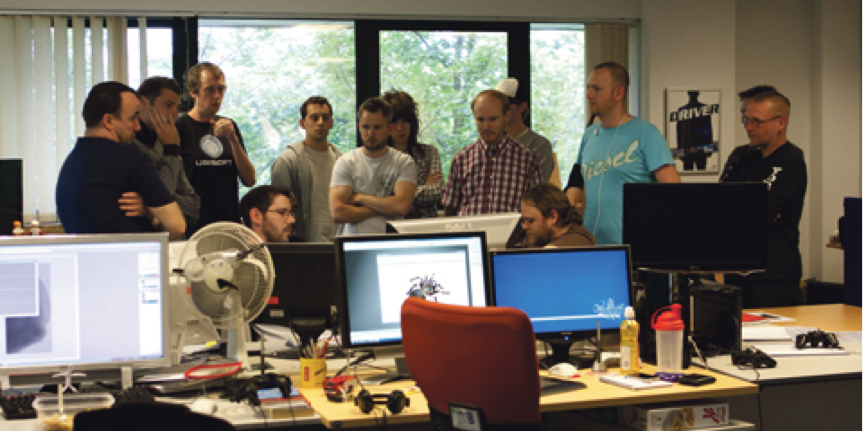
A solid knowledge of the intricacies of game design comes standard, but is bolstered by expert teaching on how to apply these skills in the workplace. This consists of examining existing business practices as well as how to obtain relevant work at some of the country’s top design studios.
Taking the Plunge
The road to becoming a qualified game designer is an intense but exciting one, and the New York Film Academy would be honored to act as your guide.
To learn more about our hands-on Game Design School, see our resource page.

